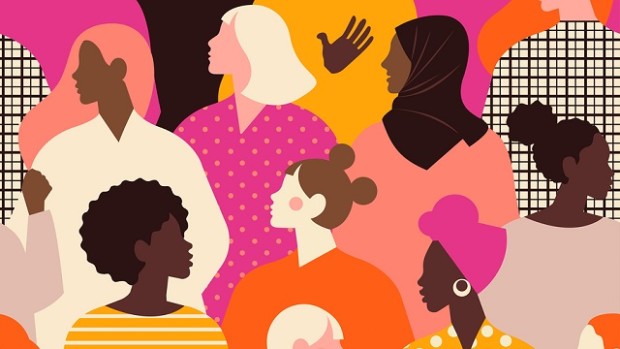

Yesterday, March 8, was International Women’s Day.
If you’re a woman in retail, that means you probably attended at least one internal event on the topic of female leadership last week. Maybe your company announced a new workplace policy aimed at gender equality. You definitely received (and likely sent) a couple EDMs over the weekend, offering a discount code in honour of IWD.
This isn’t groundbreaking stuff. It’s just what it means to be part of a retail business, or buy from one, in 2020. The days are recognised. The hashtags deployed. Pats on the back all around.
So, it might surprise you to learn that outside the industry, IWD is something of a divisive event.
It’s either a day to recognise, discuss and do something about gender inequality in schools, the workplace and governments around the world.
Or, it’s a once-significant event that is now a Hallmark holiday for companies to flog ‘girl power’ products and boost their reputations.
Take your pick.
The frustrating thing about this debate is that it’s been raging for years, and the thinking doesn’t seem to have evolved beyond those two basic camps.
The same argument about the silliness of having a single day to celebrate women that was deployed in this 2012 article in The Atlantic, aptly titled, “The Trouble with International Women’s Day”, appears in this 2020 op-ed by InStyle editor Laura Brown in The Sydney Morning Herald.
Of course, they’re right. But it’s a straw man argument. No one is saying you can’t celebrate women or talk about gender equality on the other 364 days of the year.
And while it’s certainly true that the gender pay gap and workplace harassment should be discussed more often (or better yet, eradicated), it would be disingenuous to say these conversations only ever occur on March 8.
Another common critique is that the wave of corporate support for IWD has erased the day’s radical roots. The first IWD, held in 1911, was a global protest for women’s right to vote. Over the next six decades, it was primarily celebrated in communist countries, before it was adopted by feminists in the 1960s and later by the United Nations in 1977.
So, yes, the fact that our chosen method of celebrating the achievement of the right to vote and the narrowing of the wage gap is shopping is rather head-scratching. But does it merit the hand-wringing seen in articles like this one, and this one?
Many of the EDMs I received over the weekend, including those that offered discount codes, at least mentioned the gender wage gap, or lack of women in leadership roles.
And there are several examples of retailers launching flexible working policies, or overhauling their paid parental leave, around IWD in an effort to create more gender equal workplaces.
Sure, you could argue that companies should be doing this anyway – no need to wait for March 8! – but let’s not throw the baby out with the bathwater.
As long as women are still underrepresented in government and corporate leadership roles, are paid less for the same work and, in many places around the world, deprived of basic human rights, I think there’s still a place for IWD, though I welcome different opinions. I just hope they’re not the same ones we’ve all heard before.

